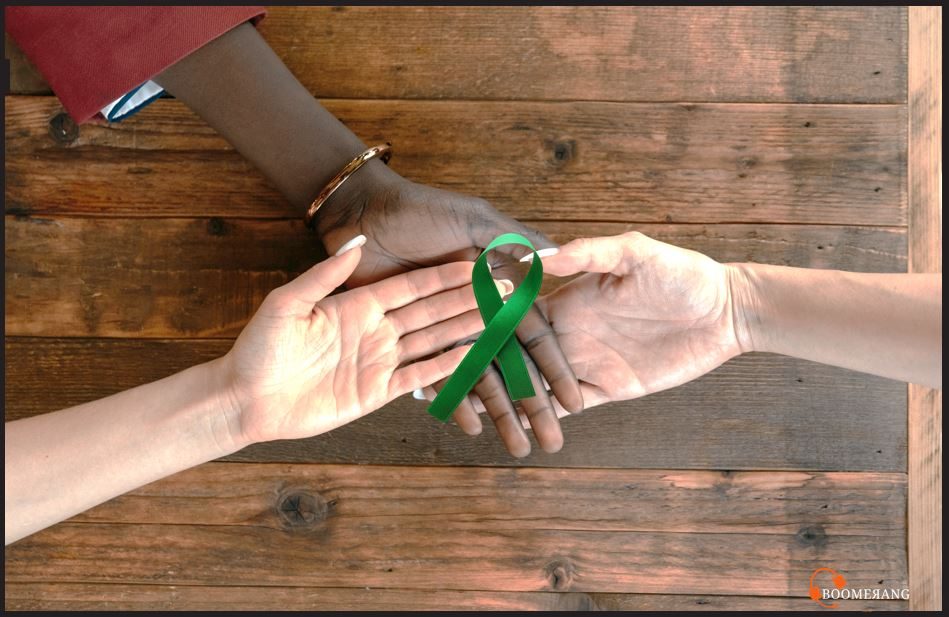Customer Satisfaction Starts with Emotional Connection
A seamless Customer Experience (CX) is the key to customer satisfaction in today’s business market. One could almost be seduced by all the new tech into believing that AI will be some sort of silver bullet for delivering great CX. AI offers so much, like; systems to manage workflows, self-service options, reduced customer effort & waiting times, sentiment analysis and much more. However the UK Customer Satisfaction Index has revealed that customer satisfaction has little to do with the functionality of tech and a lot more to do with how the customer “feels” about a business before, during and after their interactions.
The January 2025 UK Customer Satisfaction Index (UKCSI) underscores a compelling link between customer satisfaction and emotional connection. With a national satisfaction score of 76.1 out of 100, the report reveals that organisations fostering strong emotional bonds with customers not only enhance satisfaction but also drive financial performance.
A notable finding is that 21% of customers increased their spending with companies they rated highly, attributing this to the quality of service received. This behaviour suggests that when customers feel genuinely valued and cared for, their loyalty – and spending – intensifies.
The UKCSI identifies key factors correlating with elevated customer satisfaction: emotional connection, customer-centric ethos, transparency, and a solid reputation. These elements collectively cultivate trust and a sense of belonging, transforming routine transactions into meaningful interactions.
Emotional Connection
In customer satisfaction, an “emotional connection” refers to a deep, personal bond a customer feels with a company or brand, going beyond just being satisfied with a product or service, and encompassing feelings like trust, loyalty, belonging, and positive emotions associated with the brand, often driven by understanding and addressing the customer’s underlying motivations and needs.
Customer Centric Ethos
A “customer-centric ethos” in the context of customer satisfaction means a company’s core belief system that prioritises the needs, wants, and experiences of the customer above all else, ensuring that every decision and action is made with the goal of maximizing customer satisfaction and building strong, long-term relationships with them; essentially putting the customer at the heart of everything they do.
Transparency
“Transparency” in the context of customer satisfaction means being open and honest with customers about all aspects of your business, including your products, services, pricing, policies, and practices, allowing them to make informed decisions and fostering trust, which ultimately leads to higher customer satisfaction levels.
A solid reputation
In customer satisfaction a company’s reputation essentially is, the collective image a company projects to its customers, built upon factors like product quality, customer service, and ethical practices, influencing whether customers are likely to recommend the business to others and return for future purchases. A good reputation leads to higher customer satisfaction as customers trust the company, feel confident in their products, and are more likely to be repeat customers.
At Boomerang, technology & AI are integral to the company’s CX services, however it is the “meaningful people connections” that are formed both internally and externally that drive how the company implements these technologies. Human interaction is prioritised as being the key to delivering good customer service.
In essence, the customer’s feelings towards an organisation alongside process-simplifying technology, is what will shape their perception and ultimately their loyalty. Together, factors like reputation and company ethos play a big part in the customer’s decision to spend.
The UKCSI’s findings advocate for businesses to move beyond transactional engagements and invest in building authentic emotional connections with their customers. Such relationships not only enhance satisfaction but also contribute to sustained loyalty and improved financial outcomes.



